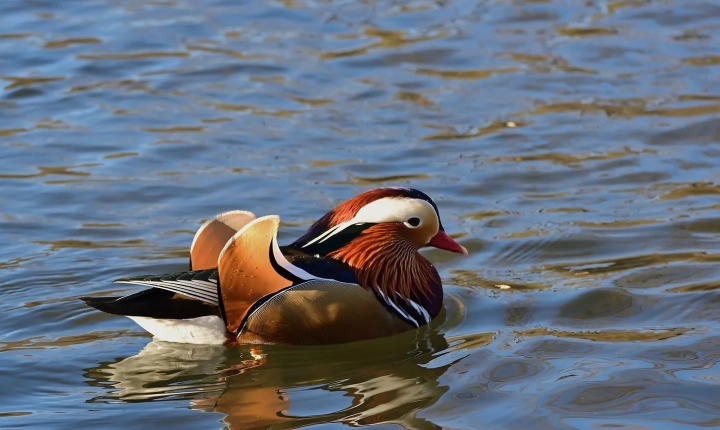Creating music videos is an essential part of promoting a song and enhancing the overall experience for the audience. With advancements in technology, the question now arises: can artificial intelligence (AI) be utilized to make music videos?
AI has made significant strides in various creative fields, including music composition and visual arts. It has proven to be proficient in generating unique content and can potentially revolutionize the way music videos are produced. Several AI-powered tools and platforms already exist that can generate visual content, animations, and video effects based on music.
One of the primary ways AI can contribute to music video production is through the generation of visuals that complement the mood and tempo of the music. By analyzing the musical elements such as rhythm, melody, and tempo, AI algorithms can generate visual effects and animations that synchronize with the music, creating a captivating visual experience for the viewers.
Additionally, AI can help in automating the video editing process by analyzing the audio track and identifying key moments in the song where specific visual effects or transitions can be applied. This streamlines the video production process, saving time and effort for the artists and creators.
AI can also assist in creating personalized and interactive music videos. By leveraging user data and preferences, AI algorithms can generate dynamic visuals that cater to individual tastes, making the music video experience more engaging and personalized for the audience.
Furthermore, AI-powered tools can be utilized to generate animations and virtual environments, allowing artists to create visually stunning music videos without the need for elaborate physical sets or locations. This opens up new creative possibilities and reduces production costs, making music video production more accessible to artists across different budget ranges.
Despite the potential benefits, some concerns and challenges exist when it comes to AI-generated music videos. Critics argue that AI-produced content may lack the human touch and emotional depth that is often conveyed through traditional video production methods. There is also the issue of intellectual property rights and the originality of the content created by AI algorithms.
In conclusion, while AI shows promise in revolutionizing the music video production process, it is essential to approach its implementation with a balanced perspective. AI can undoubtedly streamline the production process, offer creative insights, and enable personalized experiences, but it should complement rather than replace human creativity and expertise in the music and film industry.
As technology continues to evolve, the collaboration between AI and human creativity may lead to groundbreaking music video productions that captivate audiences in new and exciting ways. It’s an exciting time for the intersection of technology and the arts, and the possibilities for AI-assisted music video production are ripe for exploration and innovation.
